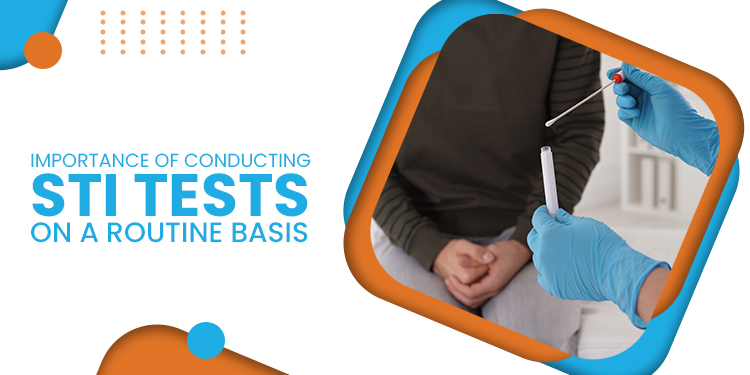- Suite 17, 117A Harley Street London, W1G 6AT
- 020 34751653
- Monday - Friday
9:00 - 18:00 - Saturday - Sunday
10:00 - 14:00

Are you aware that one in five people will get a sexually transmitted disease? Many people are not even aware they have caught a sexually transmitted disease until symptoms of an infection appear. If you are sexually active and have multiple partners or have been told a previous partner has an STD, then these highly contagious infections can easily spread from you to your partner or vice versa.
STDs, also known as sexually transmitted infections or venereal diseases are infections that can spread from person to person during sexual contact. There are different kinds of sexually transmitted diseases that occur due to bacteria or viruses.
STDs are quite common and most of these infections respond well to early intervention. Others, like HIV or Herpes, although they can be treated successfully, cannot be cured and require ongoing management or treatment.
Sexually transmitted diseases should be taken seriously as they can have a significant impact on your health. With early detection, the treatment becomes more effective.
If you are sexually active, and have different partners, it is important to have STD testing regularly. Some people are at higher risk of contracting an STD depending on their sexual history and sexual activities. The results will remain confidential and if they are positive, you will get the treatment you need.
This blog post discusses four reasons you should consider getting tested for an STI.
Sexually transmitted infections can give rise to long term health complications including infertility and even death. For example, if you are suffering from Chlamydia, this may cause pelvic inflammatory disease. With routine testing, STIs can be identified and treated at an early stage before they cause other problems. STIs like Gonorrhoea and Syphilis can be treated easily now with antibiotics, but in the past, untreated, they caused painful death.
If you know you have an STI, you should act responsibly and avoid spreading it to your sexual partners. Diagnosing an STD does not mean the end of your sex life, but partners should know about your condition in order to stay protected. If you are in a committed monogamous relationship, then you should not have to test if both partners are not having sexual contact with others.
If you regularly have sex with multiple partners, then you should test regularly. If you have an STI, make sure to discuss it with your sex partner. This is important to prevent transmission.
Different sexually transmitted diseases may cause certain risks to pregnancy. Some of these are –
These illnesses may be passed to your baby at the time of vaginal delivery. STIs are related to birth defects such as brain defects, limb defects and cleft lip. If you or your partner want to conceive, then STI testing and treatment, if appropriate, is necessary to prepare for the new baby.
Treating sexually transmitted infections and taking necessary precautions to avoid the spread of disease at the time of delivery may eliminate or lessen the risk to your new-born. If you have a serious STI like HIV, then you should tell your obstetrician so they can do their part to keep your baby safe.
Though you might not think of cancer as a sexually transmitted disease, STIs are known to be a risk factor for different types of cancer. One of the most common is Human Papilloma Virus which may cause anal, cervical, genital or throat and neck cancers. Hepatitis B is another sexually transmitted virus that may cause liver cancer if it is not treated. The positive news is that there are vaccines available for both HPV and Hepatitis B, although STI testing is always advised even if you have had the vaccination.
Any kind of sexual activity besides sexual intercourse, even kissing may spread the disease. It is advisable to schedule an appointment for your private STI test in London especially if you suspect you may have the infection. This way, you can protect yourself and your partner from unwanted sexually transmitted infections.
Our Sexual Health Clinic is located on Harley Street in the heart of London.
We are only a 5 minutes walk from Regents Park station, 10 minutes from Great Portland Street and 15 minutes from Oxford Circus.